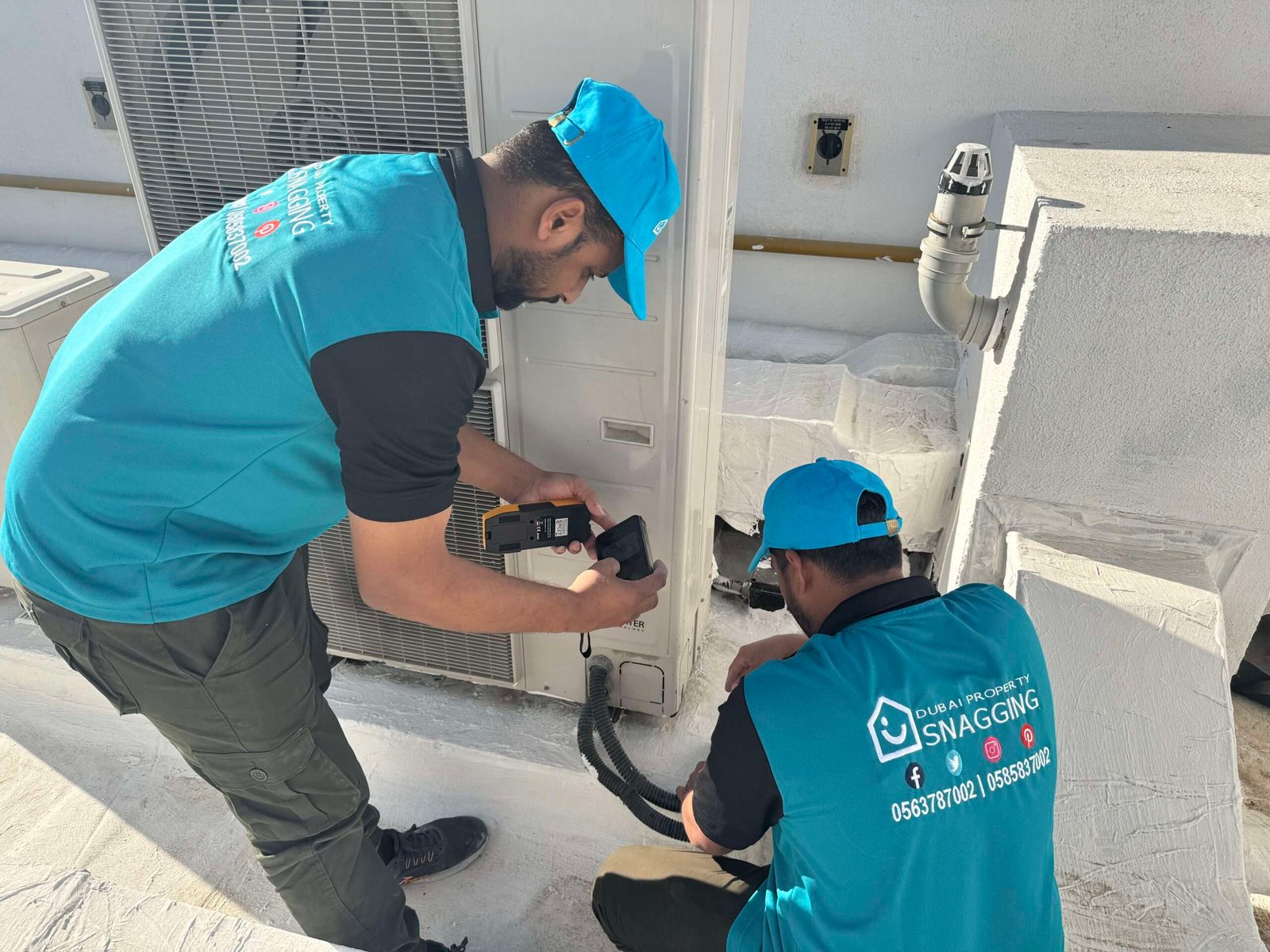How Thermal Imaging & Drones Are Changing Snagging Inspections
The evolution of technology is transforming the way property snagging inspections are conducted. Among the most innovative tools being integrated into snagging inspections are thermal imaging and drones, which offer enhanced accuracy, efficiency, and safety. These advanced technologies allow property managers, landlords, and inspectors to detect hidden defects, improve documentation, and ensure higher-quality property assessments.
The Role of Thermal Imaging in Snagging Inspections
1. Detecting Hidden Defects
Thermal imaging cameras can identify temperature variations that indicate underlying issues, such as:
- Heat loss and poor insulation
- Moisture intrusion and water leaks
- Overheating electrical components
- Structural weaknesses hidden behind walls
By detecting these defects early, property managers can address potential problems before they lead to costly repairs or tenant complaints.
2. Enhancing Accuracy in Assessments
Unlike traditional visual inspections, thermal imaging provides objective, data-driven insights that help property managers make informed decisions about necessary maintenance and repairs.
3. Improving Energy Efficiency
For rental properties, energy efficiency is a growing concern. Thermal imaging allows property managers to identify areas where heat escapes, helping them make improvements that enhance tenant comfort and reduce energy bills.
The Role of Drones in Snagging Inspections
1. Inspecting Hard-to-Reach Areas
Drones enable property managers to inspect roofs, facades, and other elevated areas without the need for scaffolding or ladders. This not only improves safety but also reduces the time and cost associated with manual inspections.
2. High-Resolution Aerial Imaging
Equipped with high-definition cameras, drones can capture detailed images and videos of a property’s exterior. This allows inspectors to detect:
- Roof damage and missing tiles
- Cracks in walls and structural issues
- Blocked gutters and drainage problems
3. Enhancing Speed and Efficiency
Drone inspections are faster than traditional methods, enabling property managers to conduct comprehensive assessments in a fraction of the time. This is especially beneficial for large properties, high-rise buildings, and commercial units.
Combining Thermal Imaging & Drones for Comprehensive Snagging Inspections
The integration of thermal imaging and drones provides a powerful solution for property snagging inspections. Drones equipped with thermal cameras can survey large areas quickly and detect defects that might go unnoticed in standard inspections. This combination enhances the accuracy and thoroughness of reports, leading to better maintenance strategies and improved property conditions.
Best Practices for Using Thermal Imaging & Drones in Snagging Inspections
To maximize the benefits of these technologies, property managers should:
- Use certified professionals trained in thermal imaging and drone operation.
- Conduct regular inspections to catch potential issues early.
- Combine traditional snagging methods with advanced technology for a well-rounded assessment.
- Ensure compliance with drone regulations and obtain necessary permits.
Conclusion
Thermal imaging and drones are revolutionizing property snagging inspections by improving accuracy, efficiency, and safety. By leveraging these technologies, property managers can detect hidden defects, enhance energy efficiency, and conduct faster, more thorough inspections.
As property management continues to embrace innovation, integrating thermal imaging and drone technology into snagging inspections will become a standard practice, ensuring higher-quality property maintenance and tenant satisfaction.



